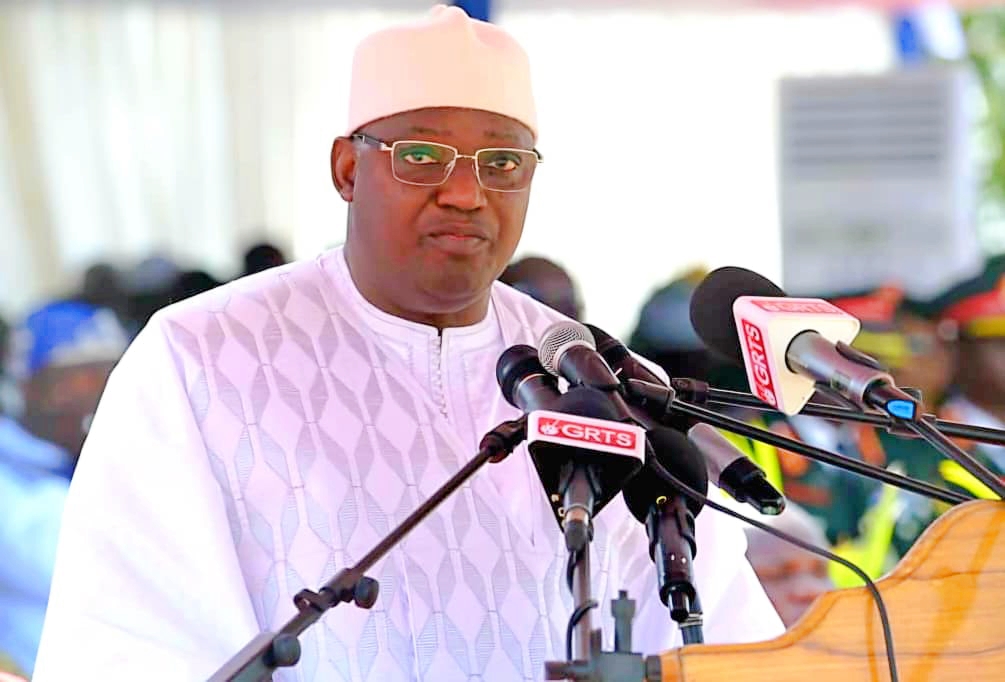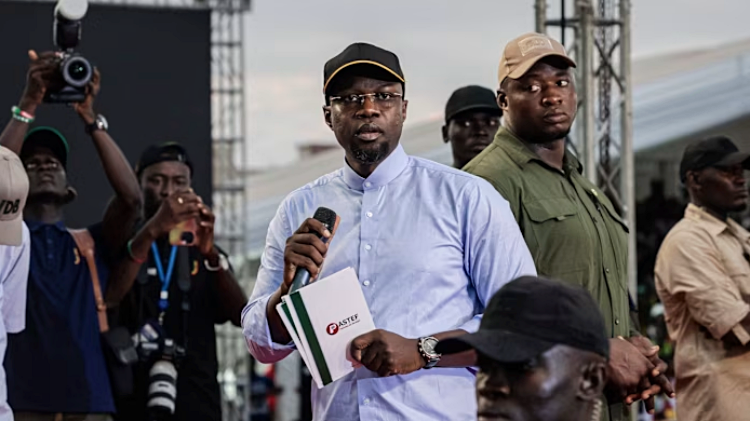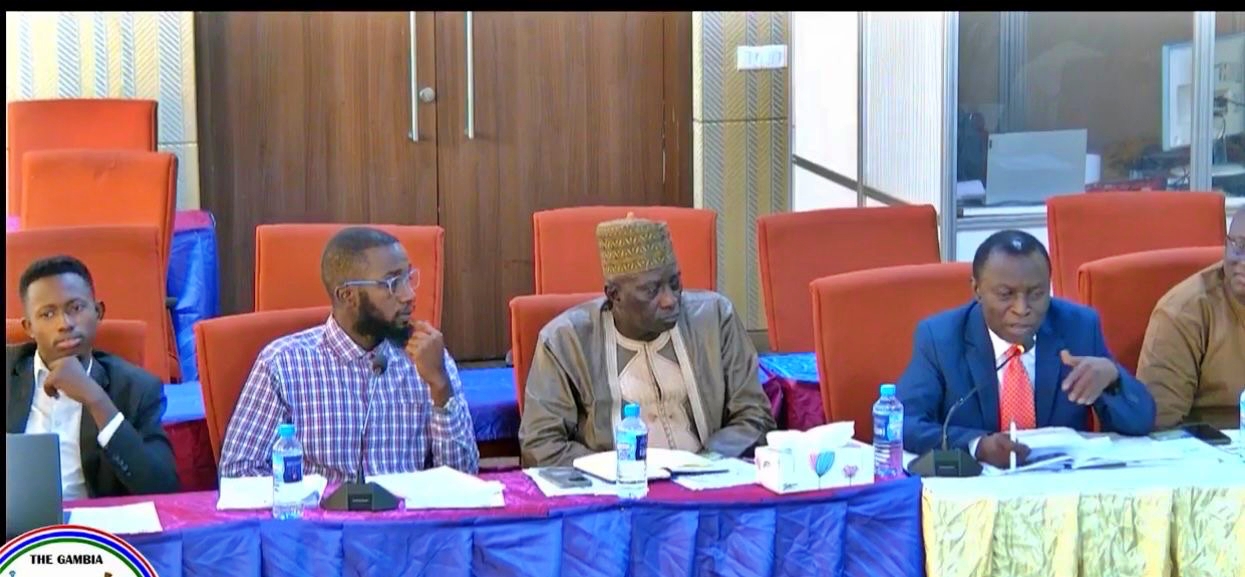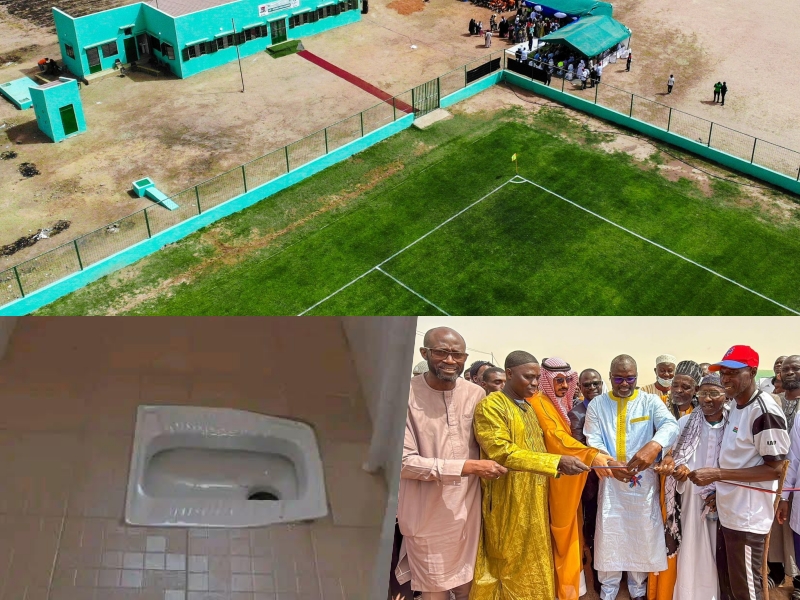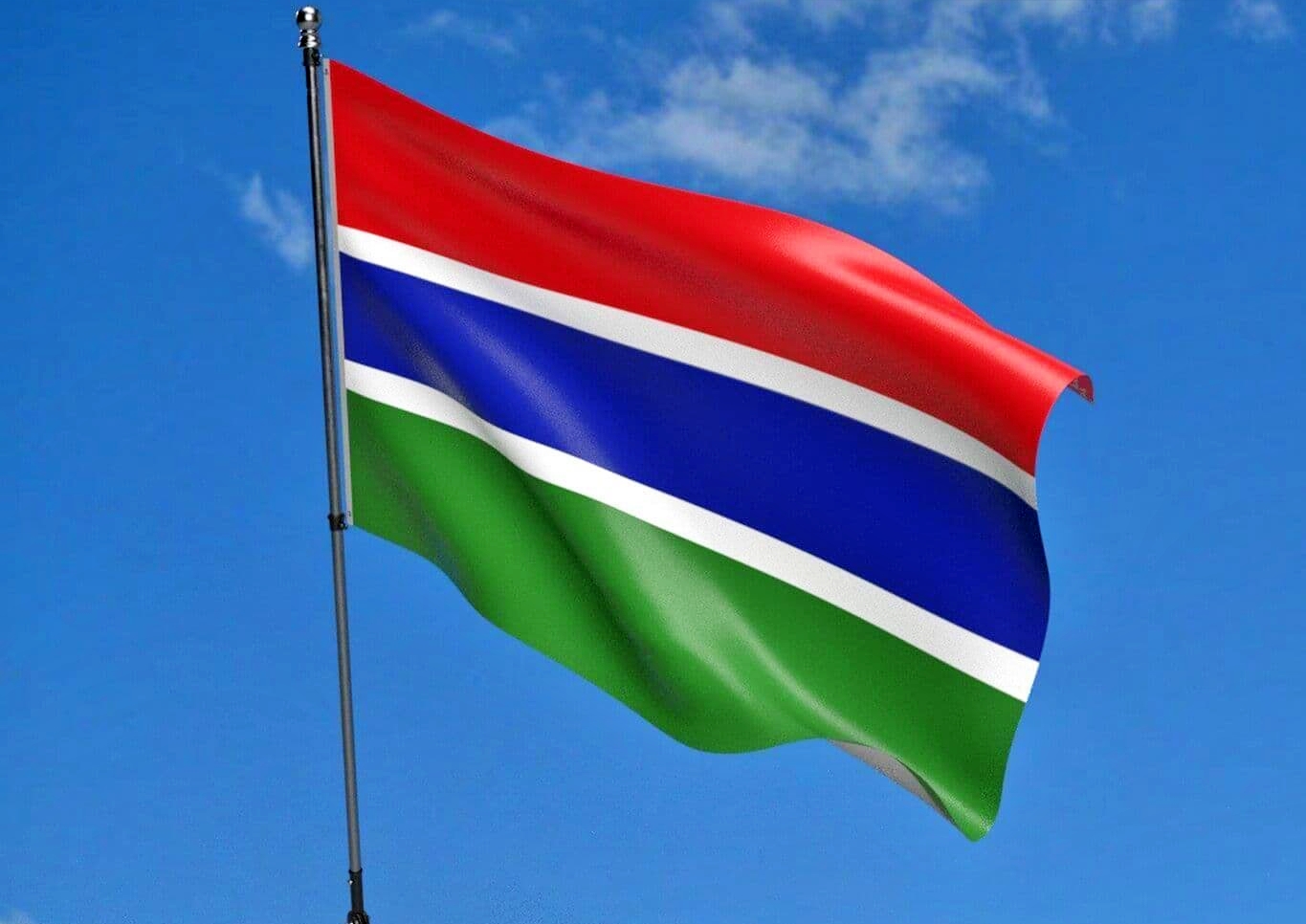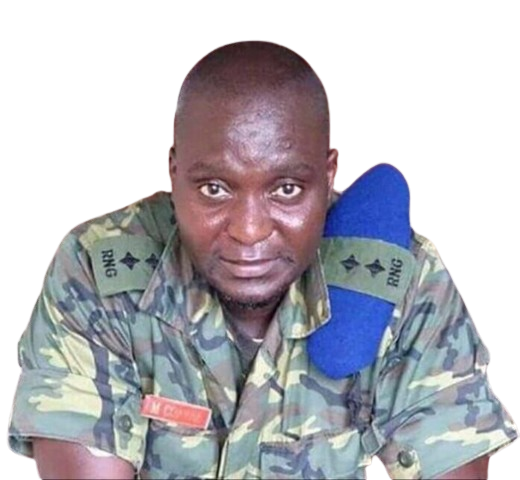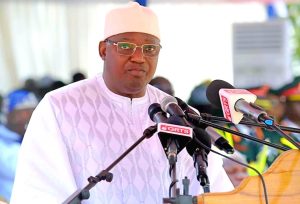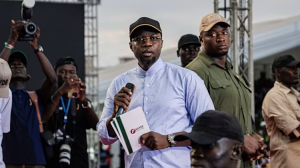Gambiaj.com – (DENVER, Colorado) — In a historic legal proceeding, Michael Sang Correa, an alleged member of former Dictator Yahya Jammeh’s death squad, is set to stand trial in a U.S. federal court for charges of torture committed abroad. The trial, scheduled to begin on September 16, 2024, in Denver, marks the first time a non-U.S. citizen will face trial in the United States under the Extraterritorial Torture Act.
Correa is accused of being a former member of the “Junglers,” a feared death squad that operated under the regime of former Gambian President Yahya Jammeh. The indictment charges Correa with six counts of torture and one count of conspiracy to commit torture. These charges stem from allegations that Correa and other Junglers brutally tortured suspected participants in a 2006 coup attempt against Jammeh’s government. The reported methods of torture include beatings, suffocation with plastic bags, and electric shocks.
In its indictment before the US District Court of Colorado, the US Department of Justice alleges that Correa is responsible for the torture of at least six people in 2006, following an attempted coup against Jammeh. Correa and other Junglers allegedly beat their victims with plastic pipes, wires, and branches, covered the victims’ heads with plastic bags, and subjected some to electric shocks. The indictment further alleges that one victim was suspended over the ground in a rice bag and beaten severely while molten plastic or acid was dripped on other victims’ bodies.
Correa is also implicated in some of the Jammeh government’s other notorious crimes. Former Junglers told the Gambian Truth, Reconciliation, and Reparations Commission that Correa not only tortured people accused of planning the coup but also allegedly participated in the execution of former intelligence chief Daba Marenah and four associates in April 2006.
In addition to these and the Hydara murder, former Jungler members also accused him of participating in the killing of journalist Chief Ebrima Manneh, nine prison inmates in August 2012, and two Gambian-Americans, Alhagie Mamut Ceesay and Ebou Jobe, in 2013.
The U.S. government invoked the Extraterritorial Torture Act to bring Correa to trial, a law allowing prosecution for acts of torture committed abroad when the accused is found within the United States. The case has attracted significant attention from human rights organizations and legal experts, given its unprecedented nature. A coalition of groups, including the Center for Justice and Accountability (CJA), the Alliance of Victim-Led Organizations (AVLO), and TRIAL International, played a pivotal role in pushing for the investigation of Correa’s alleged crimes.
“This trial is a crucial step toward justice for the victims of Yahya Jammeh’s brutal dictatorship,” said a spokesperson for CJA, which represents several of Correa’s alleged victims.
The trial will be held at the Alfred A. Arraj United States Courthouse from September 16 to 27, 2024. The University of Colorado Law School will monitor the trial and provide public updates. Gambian journalists and human rights advocates are expected to attend the proceedings, offering real-time updates for audiences in The Gambia.
Legal experts note the high stakes of the trial, not only for the prosecution and defense but also for the broader implications of U.S. involvement in holding foreign nationals accountable for international crimes. If convicted, Correa faces a maximum sentence of 20 years in prison for each count, potentially leading to a total of up to 140 years behind bars.
Should Correa be found guilty, the sentencing hearing will follow several weeks after the jury’s decision. If acquitted, Correa could remain in immigration detention while his immigration status is resolved, or he might face extradition to The Gambia to answer for other alleged crimes.
This trial represents a significant test of the U.S. legal system’s ability to adjudicate international crimes and could set a precedent for future cases involving human rights abuses committed abroad.



